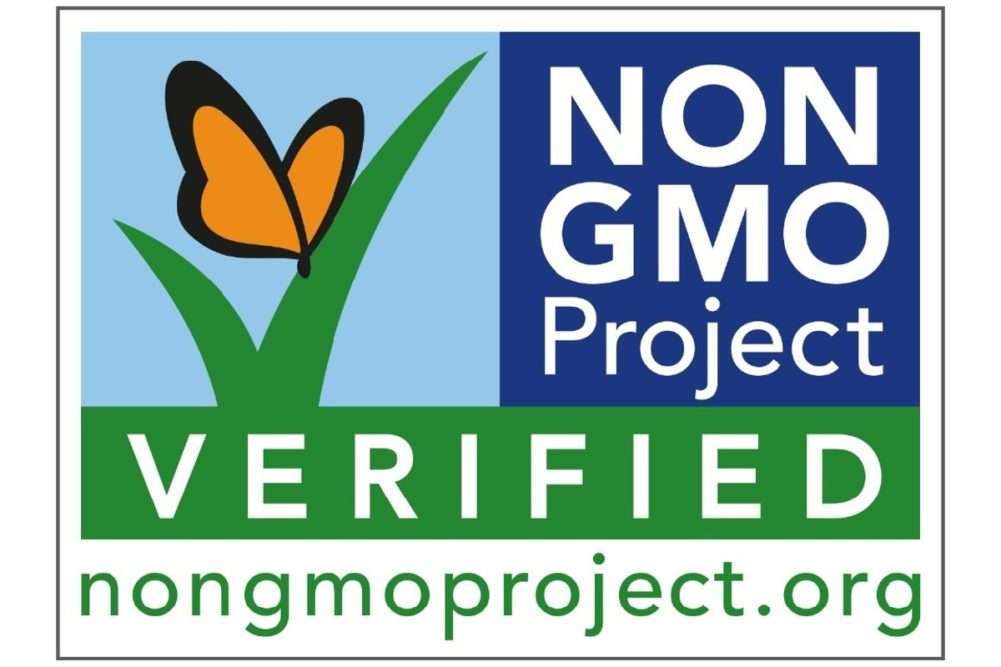BELLINGHAM, WASH. – The Non-GMO Project announced it will join American dairy farmers during National Dairy Month in June by calling out synthetic dairy and the production of animal-free dairy proteins.
The Non-GMO Project described such food-tech dairy proteins, which are being used more frequently in products available to consumers, as genetically modified organisms that are unlabeled and unregulated.
"Synbio dairy products are GMOs because they are created by genetically engineering a microbe like yeast to excrete milk proteins," said Megan Westgate, founder and executive director of the Non-GMO Project. "That's the definition of unnatural."
The forthcoming dairy-centric campaign aims to make people aware of potential agricultural and environmental threats that could come with snynbio dairy. It proclaims that natural, organic and non-GMO dairy is better than synbio dairy for consumers, farmers and the planet.
Per the nonprofit organization, producing novel proteins that mimic dairy ingredients such as casein and whey comes with possible risks. The Non-GMO Project identified those as biohazardous waste, accidental release of new GMOs into the environment and continued reliance on fossil fuels for GMO growth media and the incineration of waste. The organization also noted the potential for synbio dairy to put traditional dairy farmers and workers out of business.
The nonprofit cited a Good Food Institute report, stating that close to $2 billion has been invested in developing precision fermented products (synbio dairy falls in that category) in the past year.
Said Albert Straus, founder and chief executive officer of Straus Family Creamery, “GMOs pose a threat to the land, environment and family farms, and I don't think GMOs have a place in our farming and food system. As the first Non-GMO Project verified creamery in North America, we are committed to organic farming."
Alan Lewis, vice president at Natural Grocers, said patents referencing the need for large amounts of feedstock signal “ramping up demand for more GMO seed and cheap GMO crops.”
“This reinforces the loss of biodiversity through monocultures and pesticides, while reducing the vitality of our rural communities by concentrating wealth in corporations, " Lewis said. "The dependence on petrochemical fertilizers and tillage releases tremendous amounts of carbon into the atmosphere. The same cows that synthetic biology wants to replace with 'sustainable' fermentation vats are actually critical to recapturing carbon via healthy pasture lands."
Coinciding with its “How Do You Milk a Microbe?” campaign, the Non-GMO Project will host an industry webinar on June 16 at 1 pm EST, during which expert panelists will share insights on synbio dairy and address questions regarding synbio dairy claims. The nonprofit plans to share research that shows regeneratively produced natural and traditional dairy can sink carbon into the ground while building biodiversity and healthy soils.

